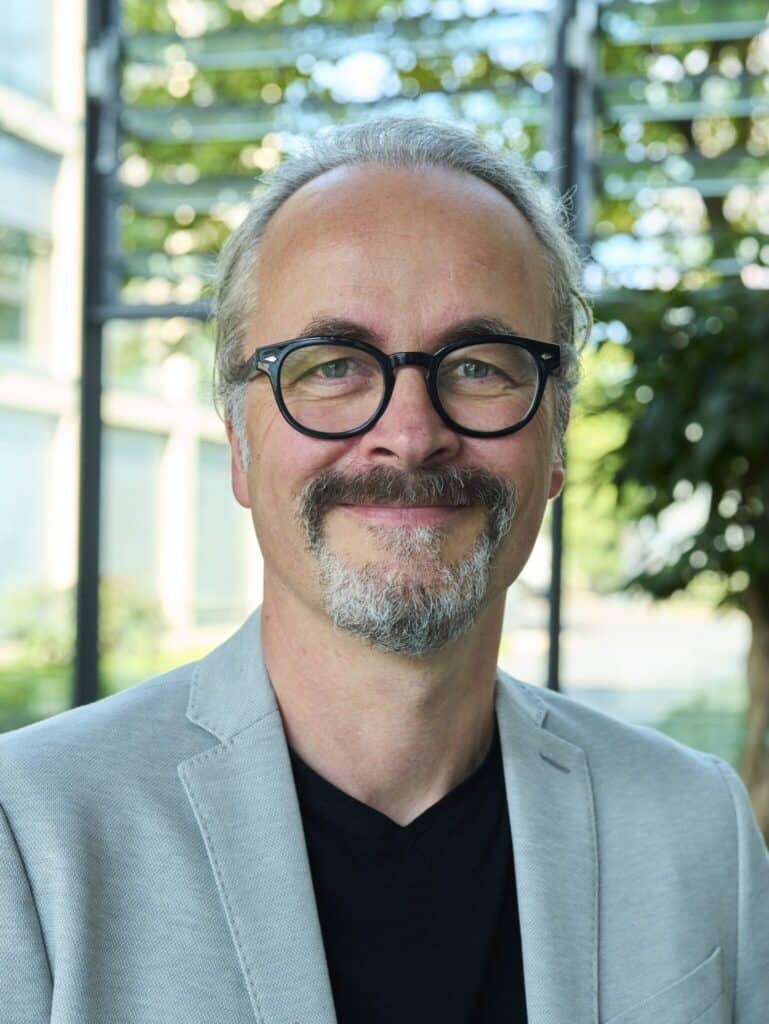
Dedalus Chief Medical Officer Dr Dennis Rausch, a leader in EMR/EHR implementations, will be sharing his experiences at the Smart Health Summit 2025 in Dublin next week (September 18).
He appears in a ‘fireside chat’ on Lessons learned from EHR implementations in Europe with PwC Germany partner Joerg Asma.
At Dedalus, his main area of work has been electronic medical records, as a product manager, and as the head of product management for Europe’s leading EMR, ORBIS, for many years. In his current role as the Chief Medical Officer of Dedalus, he further pursues the goal to turn EMRs into clinical tools that really simplify and enhance the clinician experience.
Dr Rausch has a global view of digital health, leveraging his clinical perspective. He comments that the Dedalus ORBIS EMR/EHR was specifically designed to meet the real-world needs of frontline clinicians.
“EMRs brought improvements to health management,” he says. “But clinicians are clinicians, not clerks.”
“Clinical safety is non-negotiable, of course, but we also want systems to support natural language. People talk. They don’t want to hit keyboards or code. They want to use their own language, so can we make systems better at understanding language?”
“We have to question how we organise information in EMRs. We need to do away with simply displaying scanned paper documents on the screen”.
“I also believe there’s a difference between general UX and clinical UX. Using domain knowledge in medicine lets you narrow the constraints you apply to UX decisions”.
“Different users need different usability. A surgeon, for example, may want speech control or ambient listening because they can’t use their hands. A pediatrician cannot sit behind a computer all day; they need good patient contact. A radiologist is often alone in a dark room with all the tools but poor lighting. Each requires a different approach.”
“Everything we do in EMRs needs to be useful. The users must see that it helps them do their job better and more efficiently.”
The fireside chat session takes place at 10.05am..
.





